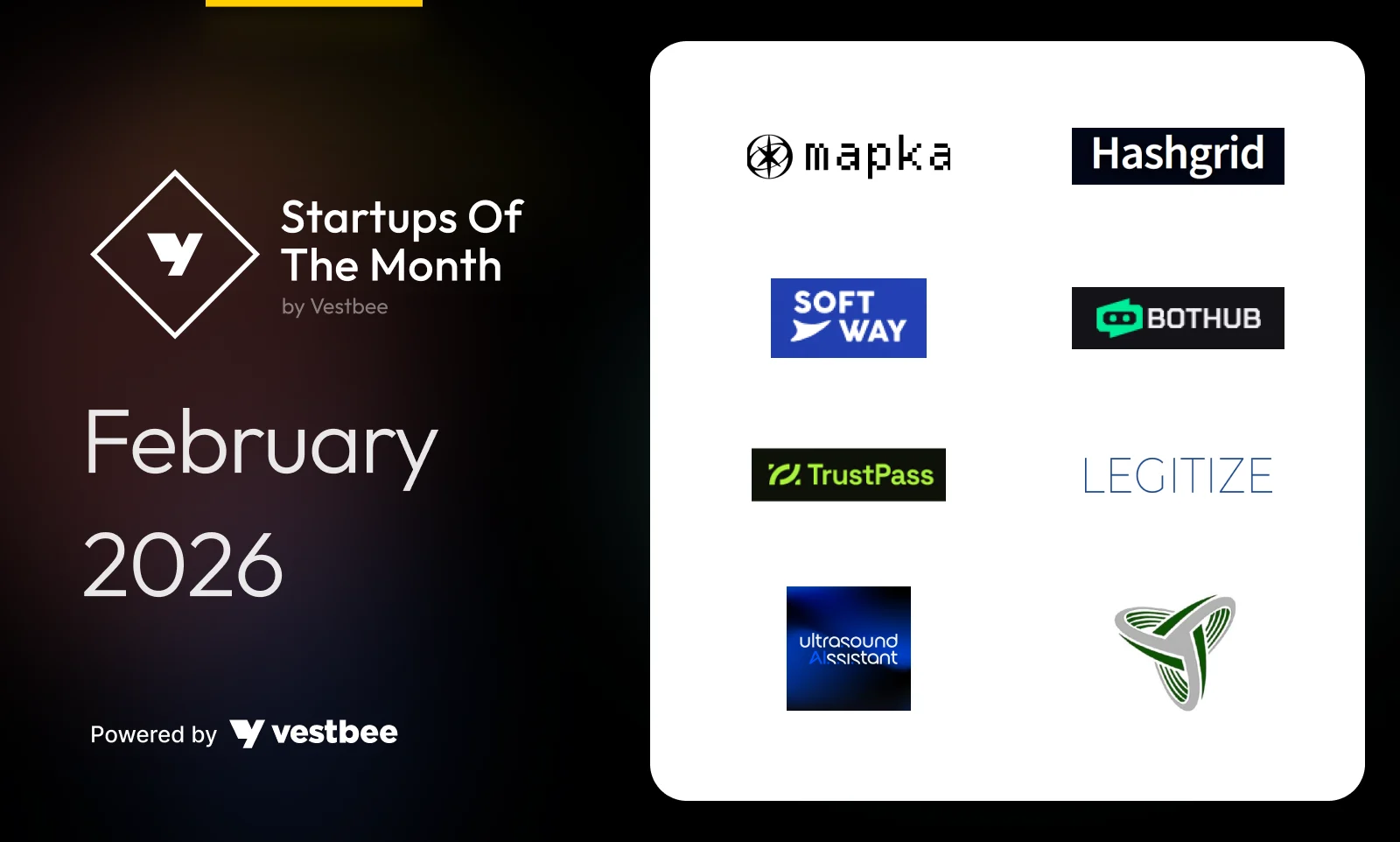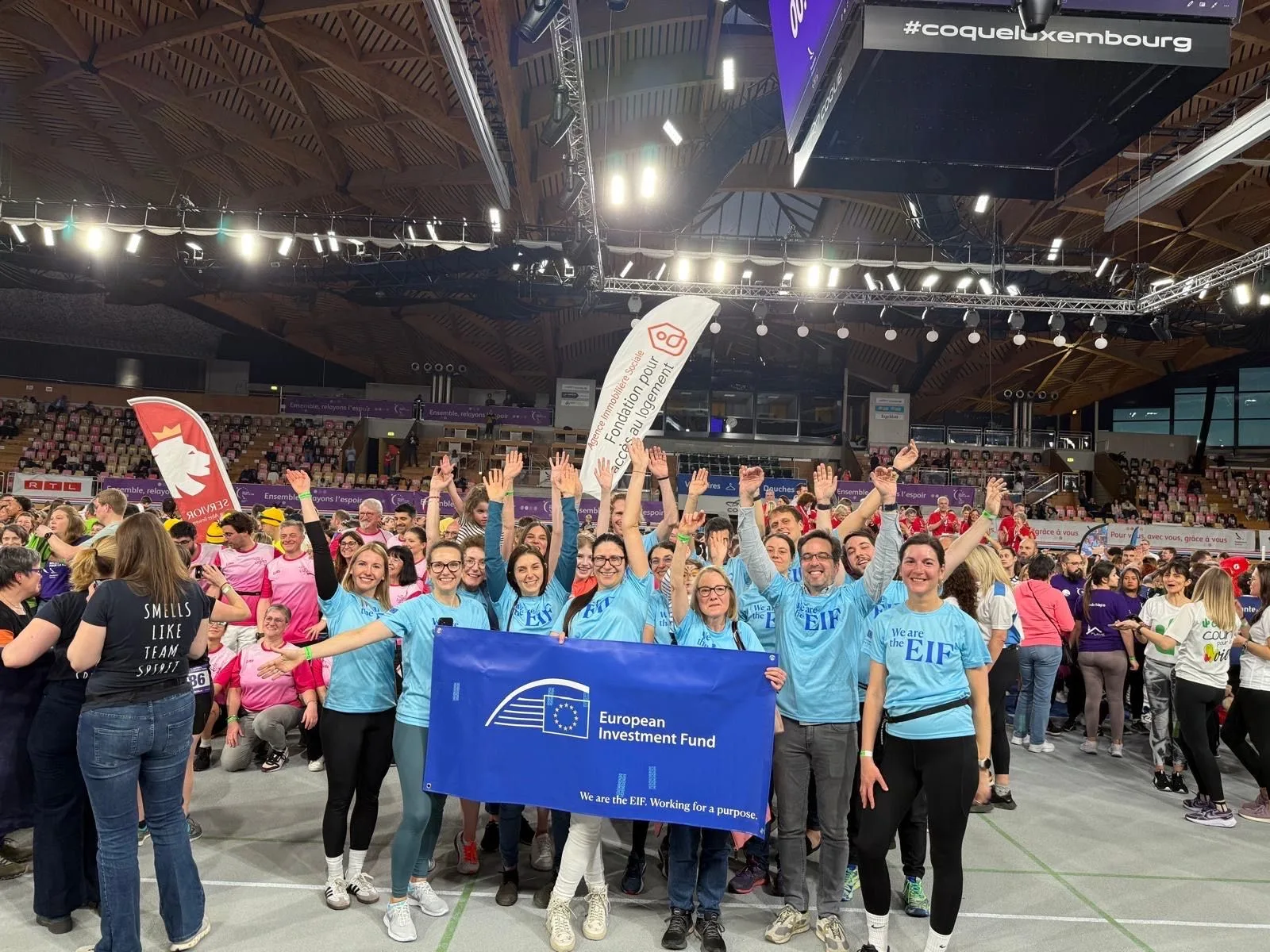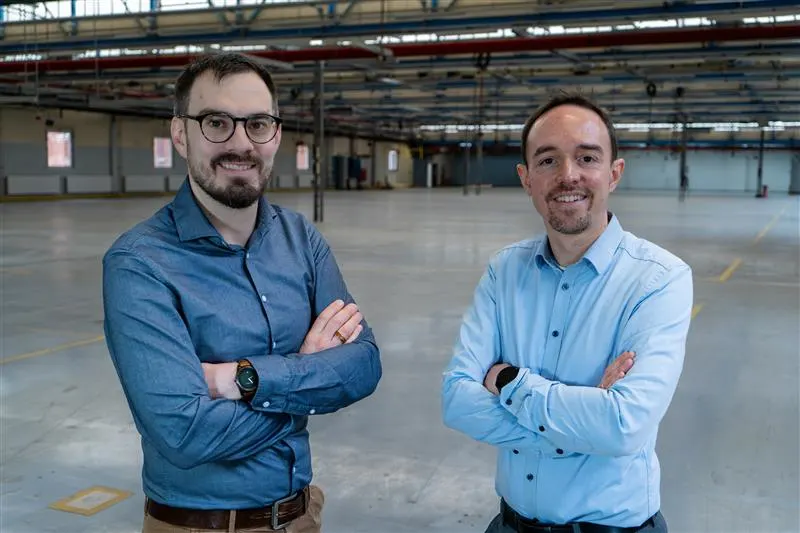Startupbootcamp is a global network of industry-focused startup accelerators that support early-stage tech founders to help them scale their companies by providing direct access to an international network of the most relevant mentors, partners, and investors in their industry. The global accelerator provides €15.000 towards living expenses for the team during the 3-months program, co-working space, over €450K in sponsored services, and the platform to pitch to over 400 investors at Investor Demo Day. Since 2010, it has accelerated over 1000 startups through 100 programs, with a portfolio valuation of over €2.5B.
Accelerator Strategy Overview
STARTUPS ELIGIBLE FOR ACCELERATION PROGRAM
Geography: Global
Preferred industries: Sustainability, FinTech, Transport & Energy, FoodTech, Smart Cities, Commerce, Digital Health, IoT, InsurTech
Company stage: early growth (seed, pre-series A, series A)
Product stage: concept, prototype, MVP/beta, pre-validation, MVP/Scale
Product type: B2B, B2C, B2B2C, B2D, B2G,
Revenues: Yes/No (both accepted)
PROGRAM DETAILS
Duration: 3 months
Participation fee: No
Equity Investment: Yes (8% of shares)
Grant: Yes (€15.000 cash + €450K in sponsored services)
No of batches per year: Varies per accelerator
No of startups in a cohort: from 8 to 12
Q&A with Kauan Von Novack, Managing Director
What are the 5 most important things you look for in a startup applying to your program?
First of all, we look at the team and its ability to adapt to the market. If founders can't adjust or apply any shift in their actions and way of thinking, they will fail, as changes are an integral part of every market characteristic.
The second thing that we want to see is the value proposition. We want to find out if the startup’s value proposition is repeatable and scalable. As, at the end of the day, we're looking for a motivated startup team that can go and get a lot of market share away from incumbents.
The third thing is the company's traction. It doesn't necessarily need to be financial traction. We pay attention to whether startups have any users, do they get any interest, etc. Because if they don't have some traction, there is not much to accelerate.
The fourth thing we look at is metrics. Is this startup solid? Sometimes you see a company that is 'the holding of the holding of the holding.' That is not investor-friendly, meaning down the road, it's going to be very hard for them to fundraise and scale.
Lastly, we pay attention to the startup’s team ambition. Do your aspirations connect with what you want? It's fine to have even the hyper ambitions that need some adjustment instead of being passive, as long as they are connected with all the other previously mentioned points.
What startups should take into account before applying to your acceleration program?
First, startup teams need to have a full-time dedication to their business. Part-time founders, as well as one-founder teams, don't make the cut.
Also, many founders come in thinking that they know everything and that everything in their startup is in the right place. That is why coachability and humility are very important considering further business development. To help you accelerate with introductions, support, and collaborations, we need to look at your business and make you ready for it. Be aware that sometimes your "ready" is not our "ready". Finding common ground is what we care about, as we have your best interest in heart, but that means a lot of hardcore pushing to get you set up, scale, and succeed.
Can you share some of the red flags that can disqualify a startup from joining your accelerator?
The biggest red flag is when there's a lack of humility and coachability. Nobody knows everything, so you need to be open to receive support from professionals.
It doesn't mean that you don't need to have a vision that you stick to through the whole startup journey. You need to. But it also means that if you don't have that level of humility and coachability from the get-go, you will not aggregate people to share the common business goal with.
During the program, you have experts such as mentors, investors, employees, and so on around you. Therefore, you need to keep your ears open to smart people telling you smart things to help you become a better version of yourself and, at the same time, to also improve your business as a founder.
What are the most valuable skills that selected startups can develop thanks to your program?
First of all, we will show them how to improve their go-to-market strategy. The ability to get a lot of market share quickly is one of the major things we teach via growth hacking, experimentation, and business modeling.
We also help in the team-building part. We've analyzed thousands and thousands of personality profiles of participating entrepreneurs over the years, so we could identify combinations and data sets on how to build unicorn-style teams.
How does your accelerator support startups during and after the program?
As we play in the early-stage space, we know that it is the most vulnerable space for any company as there's a huge risk but also a great potential. We have the methodology and the approach to decrease the risk during the first half of the program and then help teams to accelerate.
This way, they transition from early-stage to mature companies in a healthy way, as they don't make avoidable mistakes. The program is designed to make this transition as smooth and successful as possible.
After that, startups enter our alumni track, which is less hands-on, as it's not our core business, but it is still where our network, capabilities, team, and global offices are open to every founders’ needs. For example, if a founder wants to do a soft landing in Cape Town one day, we have an ecosystem that can enable the team to do so. If they want to meet investors to start their next round, we have thousands of investors in our network that can help.
What are the best-performing companies in your portfolio?
One example that makes us really proud is Kuda, the largest challenger bank of the African continent that has grown exponentially. They raised significant investment from top investors of Silicon Valley. Also, their business model has an angle on sustainability, poverty alleviation, and so on, which is fantastic, not to mention that it's a huge challenger bank that is going into a unicorn space, so we're very happy to have them in our portfolio.
What key lessons have you learned from projects that didn’t work out the way you expected?
There are two kinds of failure. There's a failure that you pay attention to before it happens and there's the failure that becomes impossible not to notice even when it's too late. So if you fail a bit every day, you don't wait for the big failure down the road.
If you do many minor failures every day but then adjust, you don't need to wait for a massive problem down the line, which might throw your business out of the market. Instead, you need to keep a very sharp eye on little failures and tweak them. Usually, the main reason for the big failure is either being delusionally confident on one thing or too focused on their "baby" or too tacky or too commercial. There is always something that distracts startups from paying attention to their mistakes.
Why, in your opinion, accelerators are becoming more popular nowadays?
As the third-largest early-stage accelerator globally and the largest in Europe, we see many small accelerators that come and go. Also, we see many more prominent players like us moving away from the early stage into the venture capital world, which means more space in the early stage for us and people who love being involved in this development phase.
My generation and the generations before didn't have that notion of how hard the early stage is and how accelerators make it much easier to go through. Now, we see entrepreneurs are way more conscientious of how hard it is to grow a business so they became looking for market experts’ support. They don't fall into the romantic narrative of, "Oh, look, we can go and create a startup. It's so easy." - they know that it's tough as bricks. Startups look up to an accelerator more thankfully as they are more aware that it's not an easy journey.
What are the hottest markets you currently look at as an accelerator and where do you see the biggest hype?
Sustainability is our central topic. It's not a market in itself, it's more a domain than a market, but I think everything related to sustainability is vital. I would not call it hype because it is not only about saving the trees but is about redesigning the whole way we interact with the world, from supply chains, packaging, and factories to energy usage, and so on.
We hope that sustainability will establish its presence and accelerate very fast over the next 10 to 20 years. Maybe in 20 years, it will be ingrained in our lives so much that it won't be a "hype thing" anymore.
Next, we think crypto and blockchain will be a big thing, stepping away from speculations. It's a decentralized infrastructure, and it's going to completely redesign and reconceptualize the whole way we do things and the way we provide access to files, do transactions in banks, share or not share data with Google or Air Force, etc.
Lastly, anything that has to do with interactions between people should get the attention of market players. Future of interactions, mobility, well-being, health, and work are hot topics and will stay that way. Pandemic has changed our lifestyle to a significant degree, and we believe these changes are here to stay.
Do you have any predictions about the key trends that will shape the European accelerator scene in the near future?
Many people think it's all about accelerators that will just develop follow-up funds themselves. I disagree with that, as I believe it's not only about capital but also creating thriving ecosystems. And a flourishing ecosystem doesn't happen out of magically putting people together - it requires a strict process. Engaging ecosystems in a specific way is becoming more challenging due to the increasing number of market players and digitalization.
We predict there will be a renaissance era of accelerators as this world has to be rebuilt as so-called post-COVID times will come. And what is more important - it needs to be rebuilt in a sustainable way.
The “new” world will probably be based on the back of blockchain and will completely alter our interactions with each other. We need to find the synergies between investors, founders, technology developers, and corporate leaders together in order to achieve that. We believe that a strict process in a reborn manner of building ecosystems will be the primary trend then.
Related Posts:
Scaleup Accelerator Of The Month - Kickstart Innovation (by Magdalena Balcerzak, Manager, Vestbee)
Startup Accelerator Of The Month - Founder Institute (by Magdalena Balcerzak, Manager, Vestbee)
Startup Accelerator Of The Month - Equinor & Techstars Energy Accelerator (by Magdalena Balcerzak, Manager, Vestbee)







